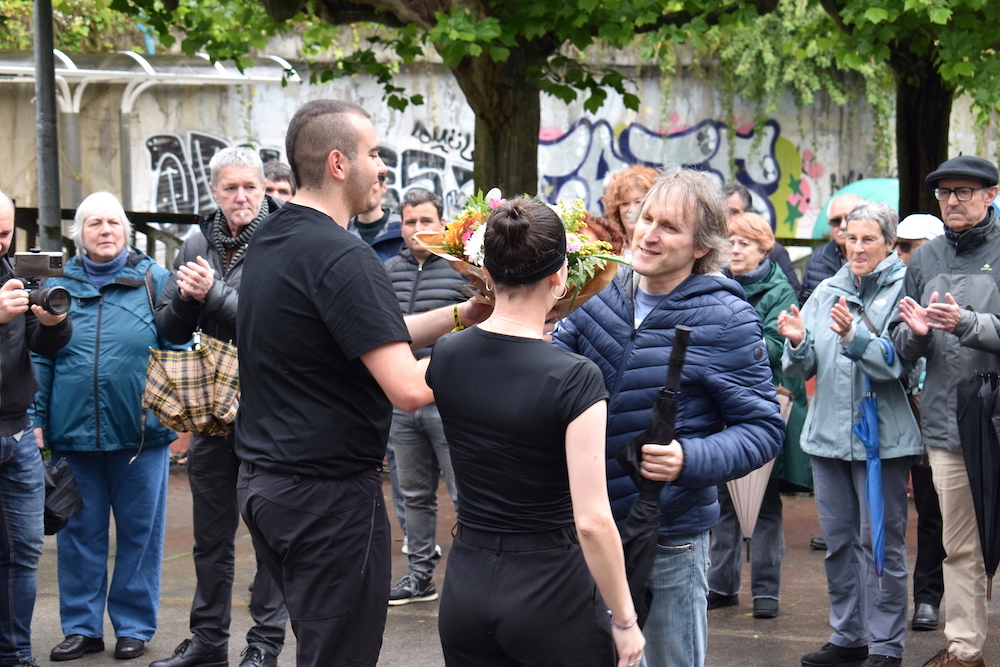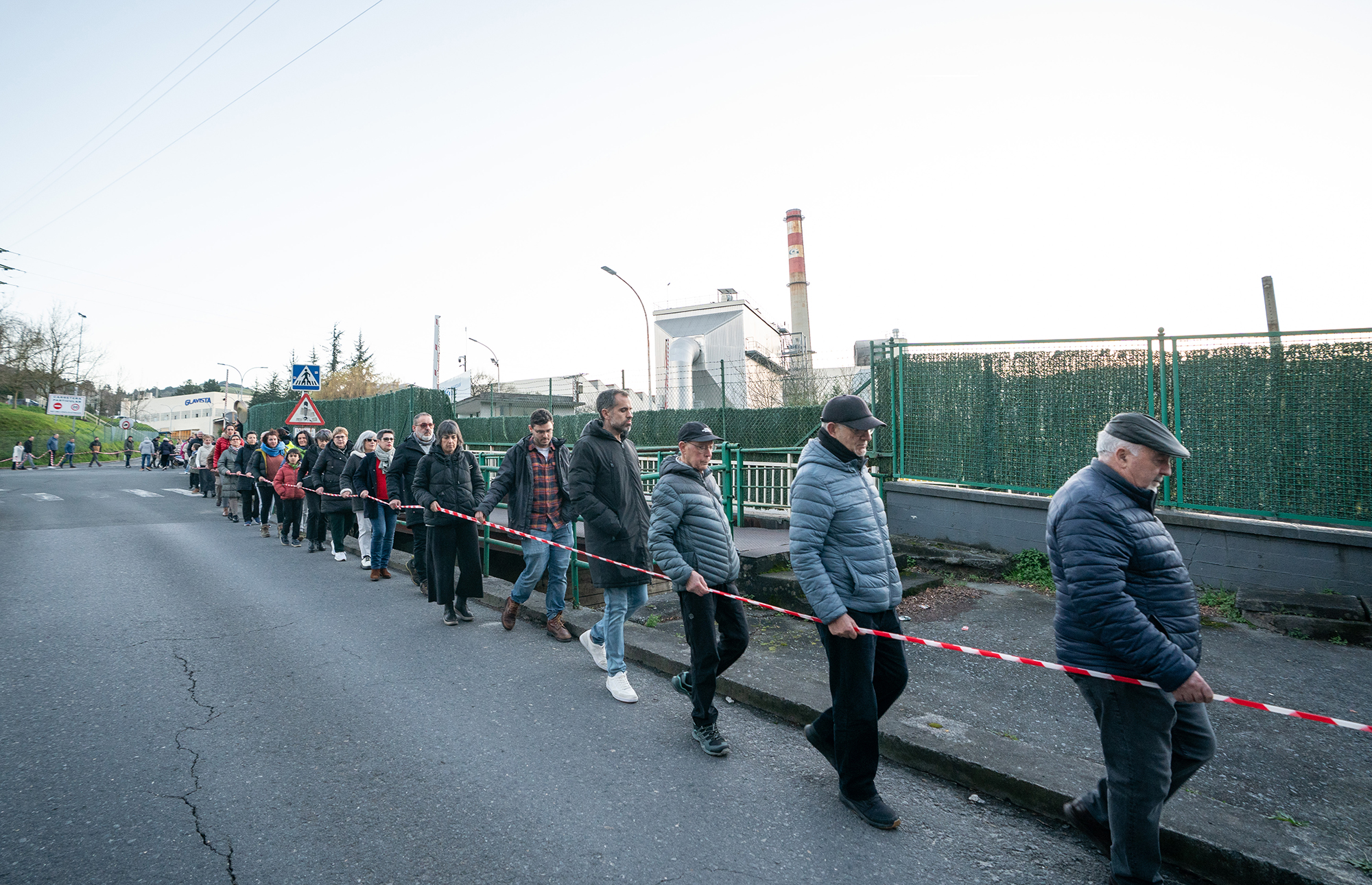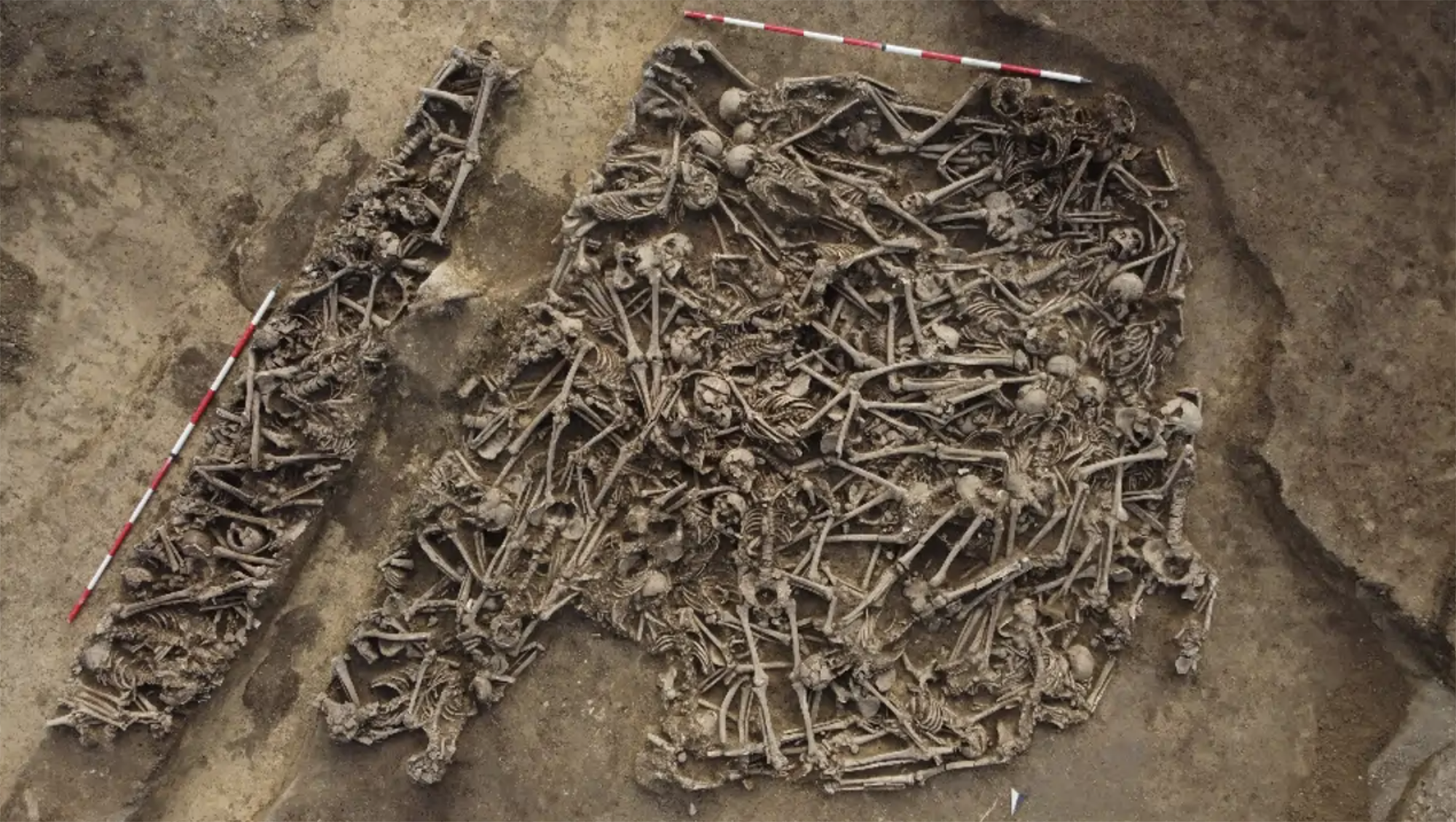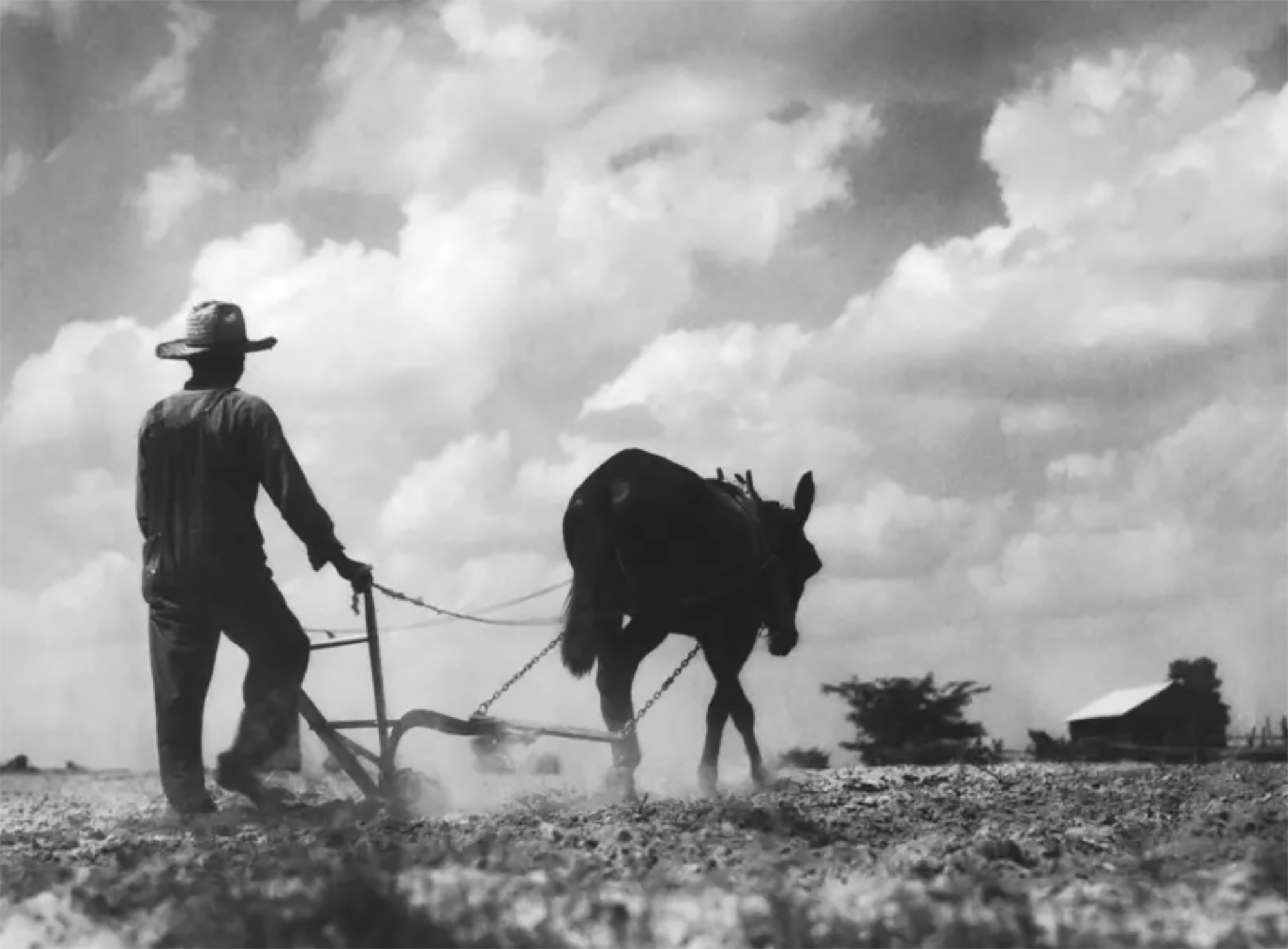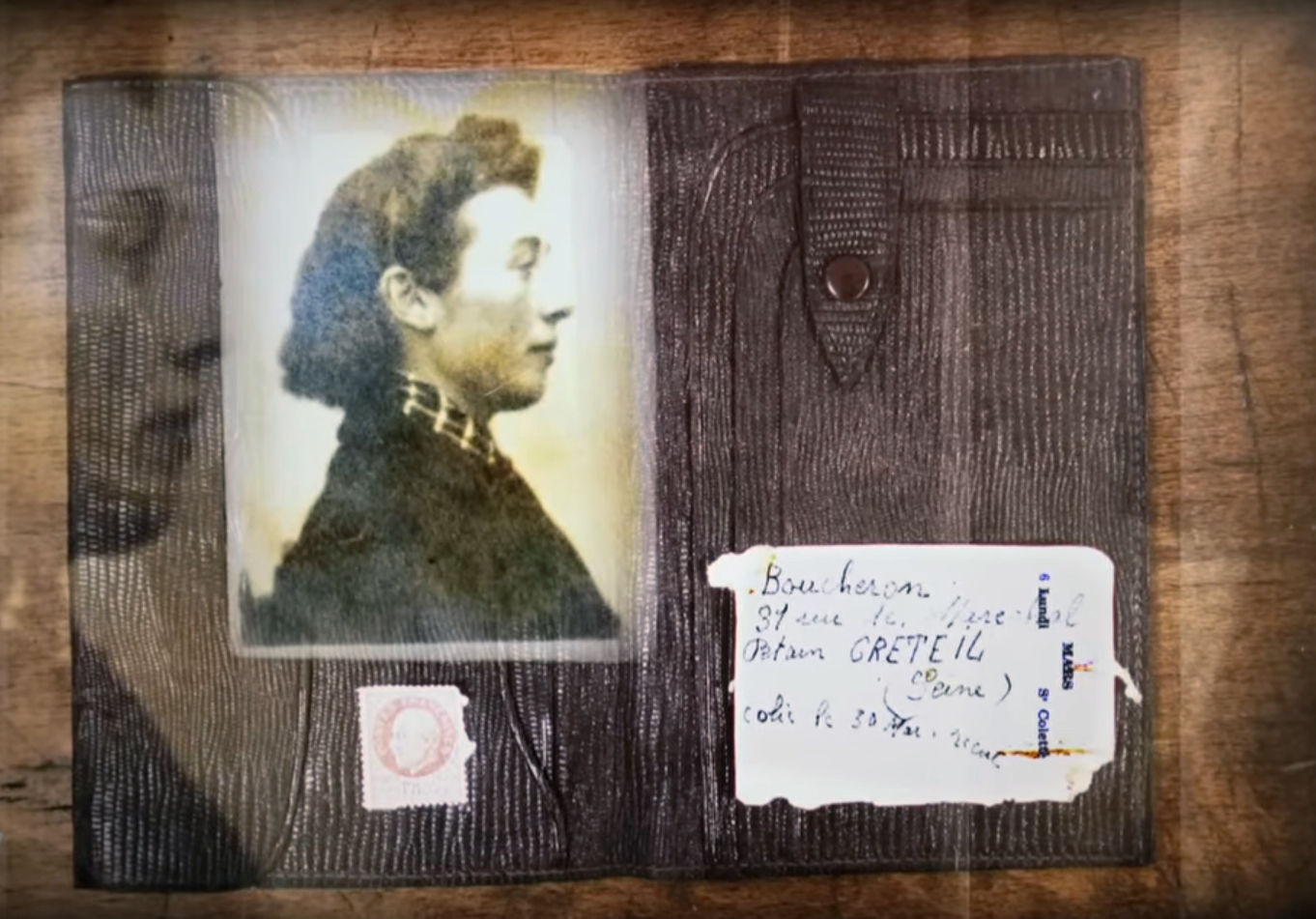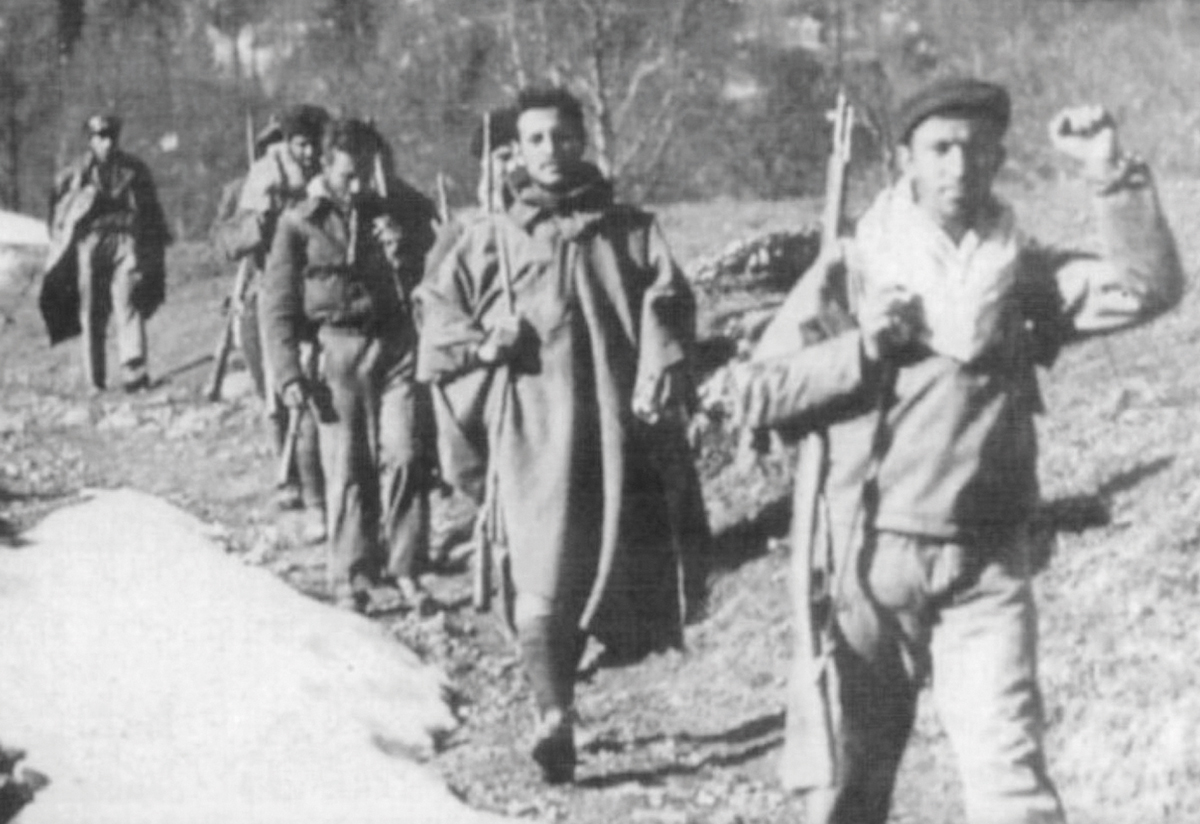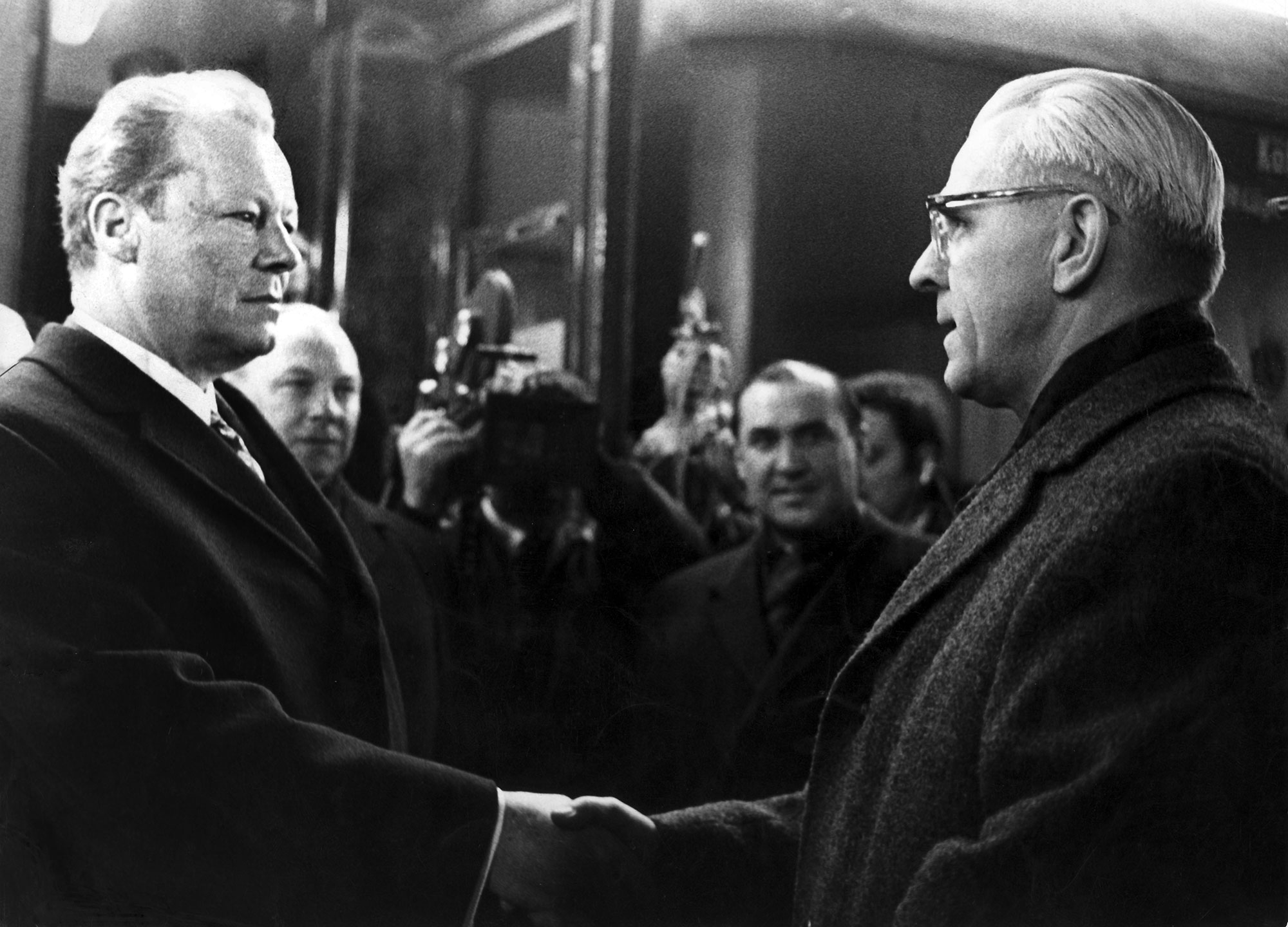The housewives yesterday and today

I don't know if you've noticed, but lately, reactionary and conservative messages are spreading across social media. One of them is the trend of the tradwife. That word is the abbreviation of the traditional concept of wifi, that is, the traditional wife. This movement proposes to recover as a lifestyle the traditional roll of women from the 1950s: a married heterosexual woman who does not work outside the home, dependent on her husband and responsible for keeping the house and taking care of her. It is increasingly common for young women to have the benefits of this lifestyle on Tik Tok, Instagram and Twitter.
However, these gender roles have not been eternal, women have not always been dependent on their husband. The idea of domesticity emerged in the 19th century. Until then, women always worked outside the home, even if they were not comparable to men. But since the ideology of domesticity began to spread in Europe and in the Anglo-Saxon countries, the idea that women had to stay at home became widespread. According to this ideological trend, each gender had a role: the woman the angel of the house, the good mother and the faithful wife, and the man the male bread winner, a husband who earns daily and works outside the house. Thus, two different spheres were formed: the private space of women in the home and the public male space.
However, this ideal model was not always followed. Although it was a clear desire for women to move to the domestic household, in working-class families her husband’s salary was not enough to feed all the members of the house. For this reason, women had to seek additional income through clandestine work that did not appear in official statistics. Sometimes they worked outside the house, and other times they earned a soo in exchange for small jobs that could be done from home, like idiots or cleaners.
This idea of domesticity began to change from the 1960s and 1970s. The economic needs of capitalism of the time and the feminism of the second wave caused women to return to the regulated labor market. Many women lived this process as liberators. They broke the fate they had written by breaking the chains of domesticity and gaining economic independence. However, despite the fact that they prevented their husband’s dependency, they have continued to be dependent on paid work and, furthermore, working conditions and women’s wages are often worse. Furthermore, the primary responsibility for caring for family members continues to lie with them, as if the working day is minimal, they often face a second day at home. The domesticity of the nineteenth century has not completely disappeared, but the burden of paid work has been added. This Thursday there is a general strike to denounce it. Let us not stay at home, everyone on the street!
Rudolf Botha hizkuntzalari hegoafrikarrak hipotesi bat bota berri du Homo erectus-i buruz: espezieak ahozko komunikazio moduren bat garatu zuen duela milioi bat urte baino gehiago. Homo sapiens-a da, dakigunez, hitz egiteko gai den espezie bakarra eta, beraz, hortik... [+]
Böblingen, Holy Roman Empire, 12 May 1525. Georg Truchsess von Waldburg overthrew the Württemberg insurgent peasants. Three days later, on 15 May, Philip of Hesse and the Duke of Saxony joined forces to crush the Thuringian rebels in Frankenhausen, killing some 5,000 peasants... [+]
During the renovation of a sports field in the Simmering district of Vienna, a mass grave with 150 bodies was discovered in October 2024. They conclude that they were Roman legionnaires and A.D. They died around 100 years ago. Or rather, they were killed.
The bodies were buried... [+]
Washington, D.C., June 17, 1930. The U.S. Congress passed the Tariff Act. It is also known as the Smoot-Hawley Act because it was promoted by Senator Reed Smoot and Representative Willis Hawley.
The law raised import tax limits for about 900 products by 40% to 60% in order to... [+]
My mother always says: “I never understood why World War I happened. It doesn't make any sense to him. He does not understand why the old European powers were involved in such barbarism and does not get into his head how they were persuaded to kill these young men from Europe,... [+]
Until now we have believed that those in charge of copying books during the Middle Ages and before the printing press was opened were men, specifically monks of monasteries.
But a group of researchers from the University of Bergen, Norway, concludes that women also worked as... [+]
Florentzia, 1886. Carlo Collodi Le avventure de Pinocchio eleberri ezagunaren egileak zera idatzi zuen pizzari buruz: “Labean txigortutako ogi orea, gainean eskura dagoen edozer gauzaz egindako saltsa duena”. Pizza hark “zikinkeria konplexu tankera” zuela... [+]











